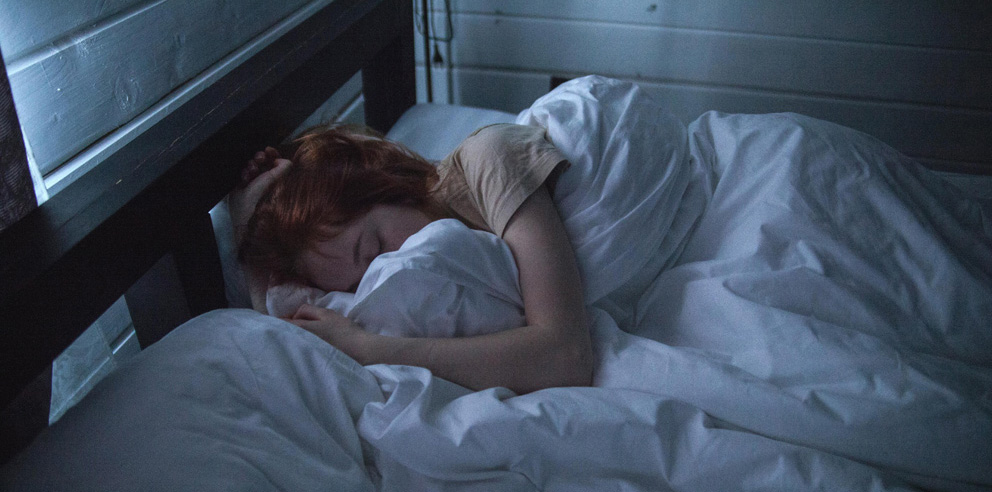
Sleep Myths: Fact or Fiction?
Sleep is a fascinating and complex. It’s strange how we all fall asleep for hours every night, sometimes easily and sometimes with difficulty. Dreams may be remembered or forgotten. But these aren’t the only peculiarities of sleep. Misinformation about sleep is common and, if believed, can create poor sleep habits. So here are some common sleep myths and whether they are fact or fiction.
8 Hours of sleep is best
Is 8 hours of sleep a night really necessary for everyone? The truth is, it depends. Just as every body is unique, so are our sleep requirements. It’s important to understand that longer sleep isn’t always better; it’s the quality of sleep that counts. The most common sleep duration for adults is 7-9 hours, allowing enough time for each sleep stage. However, some people may need more or some function well with just 6 hours. Therefore, the belief that 8 hours of sleep is a universal requirement is nothing more than a myth.
Your body adjusts to less sleep
Contrary to popular belief, your body cannot adapt to getting less sleep. Insufficient sleep takes a toll on your body and brain in both the short and long term. After a few nights of poor sleep, you may experience daytime drowsiness. Although this drowsiness may seem to improve over time, it doesn’t mean your body is adapting.
In fact, a single night of poor sleep negatively affects memory, decision-making, focus, and creativity. Continued sleep deprivation can also have serious implications for your physical health, such as diabetes, heart problems, obesity, and neurodegenerative diseases. So, even if it feels like you’re adjusting to less sleep, you’re actually more likely to encounter significant health issues because your body isn’t getting the rest it needs.
Napping is bad for you
While some believe that napping is bad for you, the truth is that we all have different sleep needs. For some, a quick nap can help them function better, especially after a restless night. However, it’s important to nap properly by avoiding naps after 2-3pm and keeping them to no longer than 20-30 minutes in length. Napping too late or for too long can disrupt your sleep during the night. If you can’t fall asleep within 10 minutes, it’s best to get up and continue with your day.
Sleep before midnight is worth more
Contrary to the old saying, sleep before midnight is not worth more than sleep after midnight. However, the first sleep cycles usually consist of restorative deep sleep, which is important for feeling refreshed. To ensure a good night’s sleep, create a cool, dark, and quiet bedroom environment. Stick to a consistent sleep schedule, reducing caffeine and alcohol consumption during the evening, and maintaining a healthy lifestyle.
Alcohol before bed is a sleep aid
Although a couple of drinks before bed may make you feel relaxed and sleepy, drinking alcohol before sleep does not improve sleep quality. It can cause deep but disrupted sleep, leading to a poor overall bad night’s sleep. If you want restful sleep and wake up feeling refreshed, it’s best to avoid alcohol before bed.
Swallowing spiders whilst asleep
The myth of swallowing spiders while asleep is entirely untrue. Spiders perceive us as part of their surroundings due to our size, and during sleep, our breathing often produces vibrations that spiders avoid. So, sleep well knowing that this myth has no truth in reality.
Don’t wake someone who is Sleepwalking
Whilst it can be difficult to wake someone who is sleepwalking, it is not dangerous. In certain instances where the safety of the person sleepwalking or the safety of others is at risk, it may be necessary to wake them. They might feel disoriented at this point and may need help returning to their bed.
If a baby sleeps during the day this results in poor sleep at night
Contrary to the myth, a baby sleeping long hours during the day won’t necessarily result in them staying up all night. Babies require ample sleep, often up to 18 hours a day. Balancing their sleep during the day and night ensures they are well rested. Overtired babies may struggle to fall asleep or stay asleep, which makes it important to establish a good sleep routine.
Sleep Patterns were in two segments
It may sound unusual, but it’s true that humans used to have two sleep segments. Throughout history, people commonly had a first sleep and then a second sleep, with an hour or so of wakefulness in between. This time was often used for activities like prayer or writing. However, this custom started to wane in the late 17th century and became practically obsolete by 1920.
The Russian Sleep Experiment: Fact or Fiction
The horrifying story of the Russian Sleep Experiment, which circulated online in 2010, is nothing more than a work of fiction. It describes a sleep experiment in the late 1940s where prisoners were subjected to a gas-based stimulant whilst locked in a sealed chamber, resulting in horrifying consequences. However, this story is entirely fictional and not based on any real events or experiments.
So if you need help getting a good night’s rest then it may be your mattress that is at fault. BodyMould memory foam mattresses and toppers are the ideal solution for a great night’s sleep. Contact one of the BodyMould team today for help and advice.
